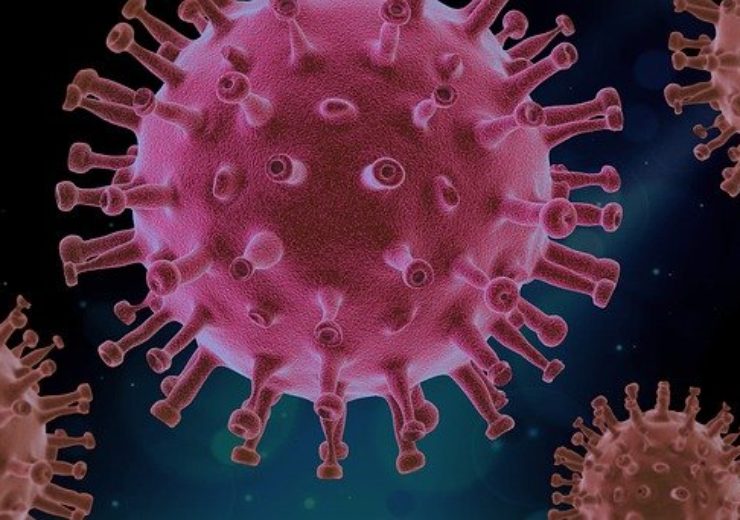ChAdOx1 nCoV-19 has been developed through genetically modifying ChAdOx1 virus, a weakened version of common cold virus

ChAdOx1 nCoV-19 vaccine will work against COVID-19 and induce immune responses. (Credit: PIRO4D from Pixabay.)
Researchers from the University of Oxford have started a clinical trial to test a new COVID-19 vaccine, dubbed ChAdOx1 nCoV-19, in 1110 human volunteers, who were receiving a meningitis vaccine.
The clinical trial is aimed at testing a new vaccine against COVID-19 in healthy volunteers. The new COVID-19 vaccine has been developed in Oxford, based on an adenovirus vaccine vector and the SARS-CoV-2 spike protein.
In addition to evaluating the ability of ChAdOx1 nCoV-19 to protect healthy people from COVID-19, the test will provide valuable information on safety aspects of the vaccine and its ability to induce immune responses against the virus.
ChAdOx1 nCoV-19 has been developed through genetically modifying ChAdOx1 virus, a weakened version of a common cold virus that causes infections in chimpanzees, to facilitate growth in humans.
ChAdOx1 vaccines have been administered to more than 320 people, which demonstrated to be safe and well-tolerated, though it may cause temporary side effects including temperature, headache or a sore arm.
The study participants will receive either ChAdOx1 nCoV-19 vaccine or MenACWY
Oxford researchers have screened healthy volunteers from the Thames Valley Region, aged 18 to 55 years, for upcoming ChAdOx1 nCoV-19 vaccine trial.
The participants will be randomly allocated to receive either the ChAdOx1 nCoV-19 vaccine or a licensed vaccine (MenACWY), which will be used as a ‘control’ for comparison.
Vaccinating ChAdOx1 nCoV-19 is aimed at enabling the body to recognise and develop an immune response to the SARS-CoV-2 virus Spike protein to prevent it from entering human cells.
MenACWY vaccine acts against group A, C, W and Y meningococcus, given routinely to teenagers in the UK since 2015 and protects against one of the most common causes of meningitis and sepsis.
The participants will be followed-up after vaccination, where the participants’ observations will be checked, blood samples will be taken and their competed E-diary will be reviewed. The collected blood samples will be used to assess the immune response to the vaccine.
